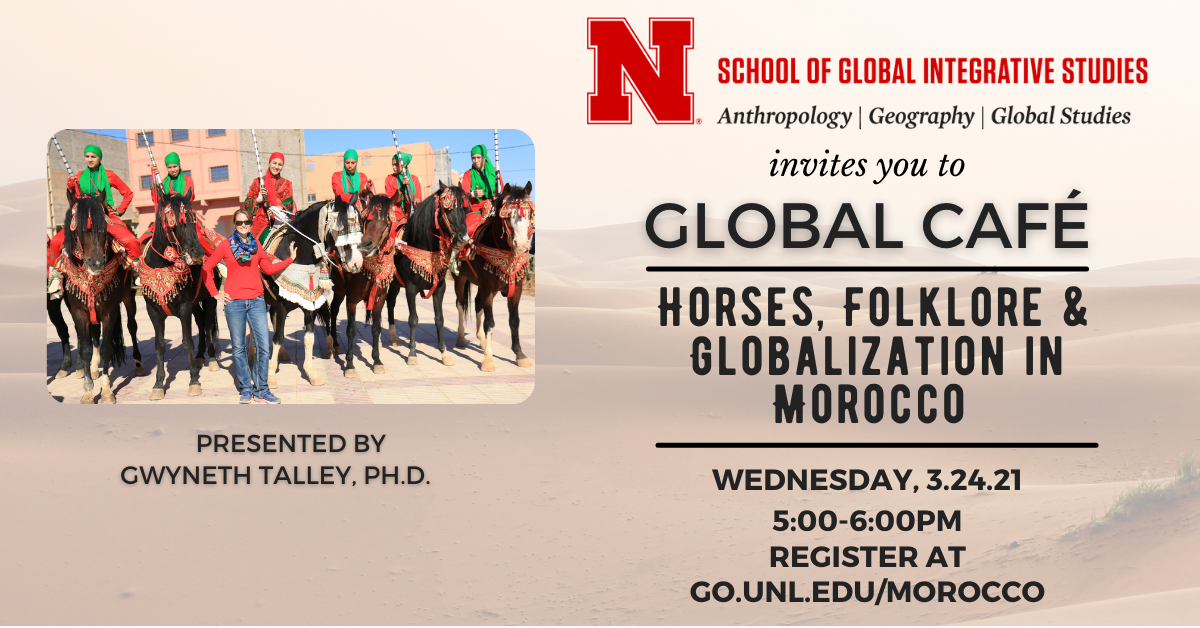
In North Africa since the 14th century, tbourida, or the gunpowder games, and other equestrian activities were historically used in tribal raids, celebrations for circumcisions, weddings, and saint’s day celebrations or moussems. Surrounding these special events, markets, storytelling, music, feasts, and popular entertainment became part of a greater celebration lasting a few days. Under the French colonial protectorates, Morocco, Algeria, and Tunisia had to rework these celebrations into what was considered safe and appropriate–in essence, reinventing cultural heritage. With independence sweeping the area in the 1960s, festivals focused around rural or poorer areas which began to be part of the chaabi culture, or popular sphere. Domestic tourism allows for communication of these festivals through Arabic-language radio, television, and word of mouth. Today, these festivals are focal points for traditional heritage, but also domestic tourism, with locals coming to watch equestrian teams, enjoying local fair foods, a musical atmosphere on large and small scales, attending the markets, and using it as social and vacation time.
These festivals have had to accommodate Morocco’s growing international tourism industry, which in urban areas has shown splits in these festivals, breaking them up as little vignettes for tourists in the big cities. Dr. Talley argues that these larger equestrian festivals adopt the tactics to appeal to global entertainment, but also struggle to keep their sh‘abi ways, such as licensing food vendors, which restrict and raise prices, forging patronage from local elite dignitaries in support of these festivals which manipulate the equestrian competition outcomes, and the staging of larger music venues and markets to attract visitors. Through ethnographic interviews and participant-observation, Dr. Talley discusses how these “glocal” equestrian festivals work to balance local popular culture and the demands of global popular entertainment.